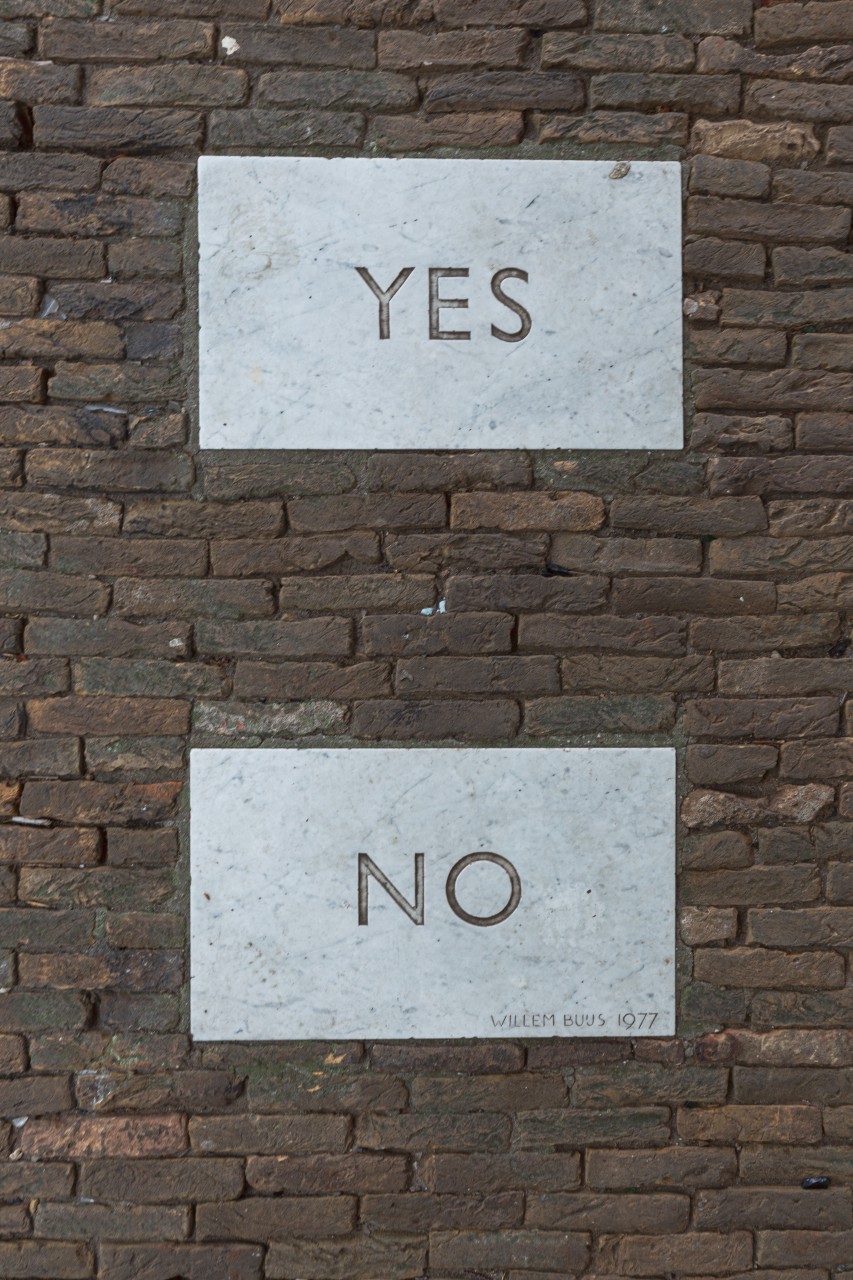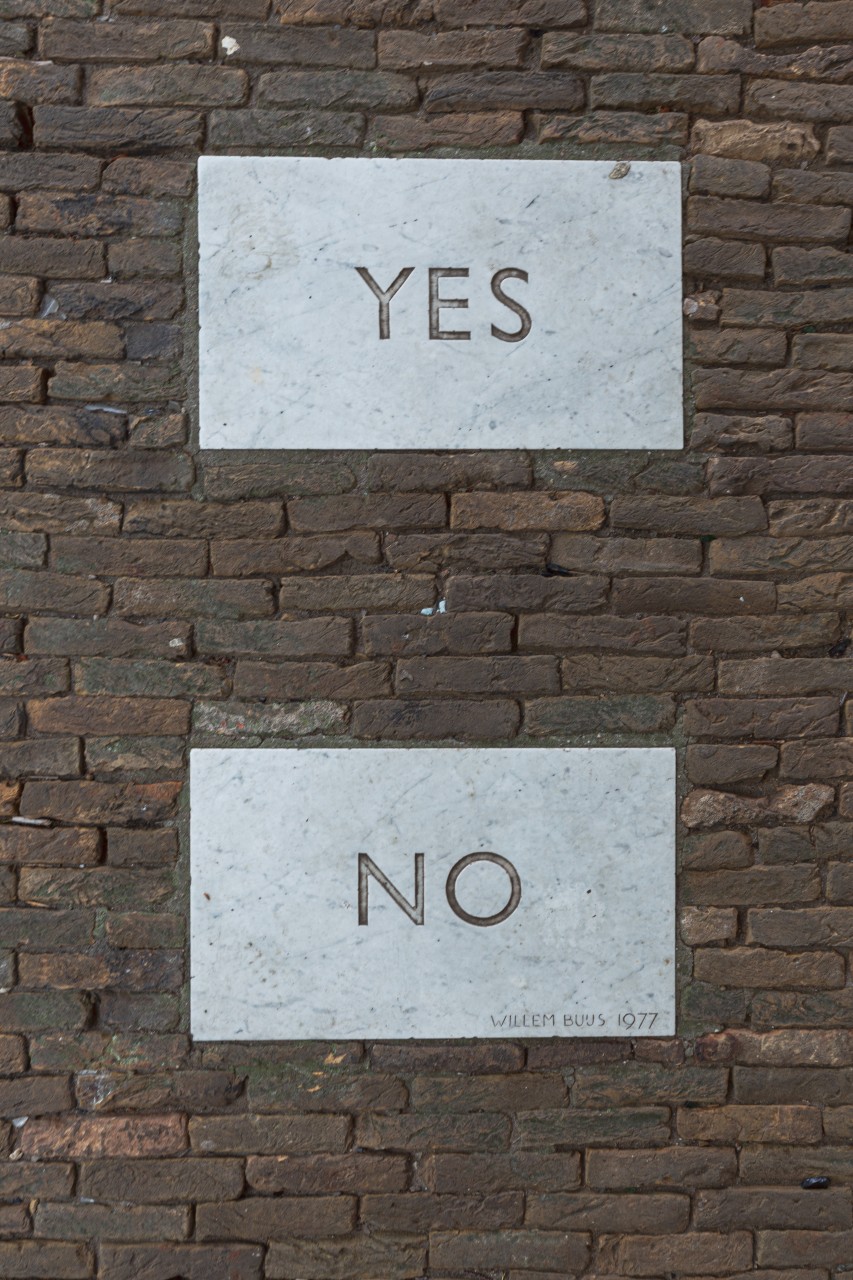To Hire an Editor or Not to Hire an Editor
Whether you choose to work with an editor or not, the key is to prioritize the quality of your writing and the satisfaction of your readers.
Ultimately, the decision to hire an editor depends on your goals, resources, and preferences.
Lately, I've seen this question repeatedly on a number of writing sites: Should I hire an editor?
To save time responding in the comments, I've put together some of the pros and cons of hiring an editor. I know the first thing that comes to mind is what do I mean by editor? There are copy/line editors and developmental editors. For the purpose of this article the pros and the cons are the same. I'll save the differences between them for another article.
Why Not to Hire an Editor
1. Artistic Integrity and Unfiltered Expression
An editor can dampen the raw, unfiltered essence of your writing. Without an editor, you might produce a novel that's a direct reflection of your thoughts and emotions, undiluted by external influences. While an editor can provide valuable suggestions, an unedited novel can serve as a genuine representation of your artistic expression. I can tell you that my novel-in-stories White Zion is unedited (it was proofread many times) and yes, it was still traditionally published. I still think in some ways--not all-- it's some of my most authentic work and my true voice for that reason.
2. Cultivating Self-Reliance and Growth
Writing is a craft that requires continuous learning and improvement. By taking on the responsibility of refining your own work, you open yourself up to a deep, introspective engagement with your writing. This process can lead to greater insights, honed skills, and a heightened understanding of your strengths and weaknesses as a writer.
3. It Can Save You Money
Professional editing can be expensive and for many emerging writers, financial constraints can be a significant hurdle. I can already hear the argument I've heard many times: If you aren't willing to invest in your writing, why should anyone else? It's a valid point. Nonetheless, the costs of editing services are out or range for some writers.
4. Embracing the Journey
The process of drafting, revising, and refining can be very satisfying. By editing your own work, you're interacting on a deep level with your story, characters, and ideas and in many ways with yourself--and getting to know yourself has a lot to do with why you're writing in the first place.
If you're seeking feedback on your novel but prefer not to hire a professional editor, there are still several options you can explore to receive valuable input on your work.
Why Hire an Editor
I will start by telling you that I hired an editor for my first four novels and I do not regret it. I learned an enormous amount about story telling and the craft of writing. Yes, it was expensive but in the end, it was worth it. For my most recent novel, With A Good Eye, I had excellent beta readers and a weekly critique group. Once my novel was accepted for publication, I did receive feedback from the publisher's editor that I found helpful but there were no sweeping developmental changes.
So why hire me or anyone else to help you with your manuscript? Hiring an editor can offer a range of benefits that contribute to the overall quality and success of your novel. Here are some compelling reasons why you might consider doing so:
1. Professional Expertise: Editors are trained professionals (for example, I have two writing degrees and I've published six novels and dozens of short stories and articles). They have a deep understanding of language, storytelling, and narrative structure. Many editors (yes, me included) teach English, EFL or literature in addition to their writing skills, therefore, they engage with language many hours a week. They can provide insights and suggestions that are grounded in their knowledge of literary conventions, grammar, and effective communication.
2. Objective Perspective: An editor brings an objective and fresh perspective to your work. As the author, you might be too close to your story to notice inconsistencies, gaps in logic, or areas that could be improved. An editor can identify these issues and provide valuable solutions.
3. Improved Readability: Editors can enhance the flow and readability of your novel. They can identify awkward phrasing, unclear passages, and overused language, helping to create a smoother and more engaging reading experience.
4. Story Enhancement: A skilled editor can offer feedback on plot structure, character development, and pacing. They can suggest ways to strengthen your story's narrative arc, character motivations, and emotional impact. This often falls under developemental rather than line editing.
5. Error Correction: Even the most meticulous writers can overlook typos, grammar mistakes, and punctuation errors in their own work. An editor's keen eye can catch these issues, ensuring that your novel is polished and professional. Though technically this is proofreading, it's a rare editor that doesn't end up catching some such errors.
6. Audience Awareness: Editors have a sense of the target audience for your genre. They can help you refine your writing style and tone to resonate better with the readers you're aiming to reach.
7. Quality Assurance: A professionally edited novel is more likely to be taken seriously by agents, publishers, and readers. It demonstrates a commitment to quality and a willingness to invest in your craft.
8. Time Savings: While self-editing can be a valuable learning experience, it can also be time-consuming. Hiring an editor allows you to focus on other aspects of your writing journey, such as generating new ideas and promoting your work.
9. Confidence Boost: Knowing that your novel has been reviewed and improved by a skilled editor can boost your confidence as a writer. This assurance can be particularly valuable if you're entering the competitive world of publishing.
10. Long-Term Investment: The lessons and insights gained from working with an editor can have lasting benefits for your writing skills. The feedback you receive can help you grow as a writer and apply those improvements to future projects.
Ultimately, the decision to hire an editor depends on your goals, resources, and preferences. While self-editing or seeking feedback from peers can provide valuable insights, a professional editor offers a level of expertise and objectivity that can elevate your work to its highest potential. Whether you choose to work with an editor or not, the key is to prioritize the quality of your writing and the satisfaction of your readers.
Photo:
When you subscribe to the blog, we will send you an e-mail when there are new updates on the site so you wouldn't miss them.



Comments